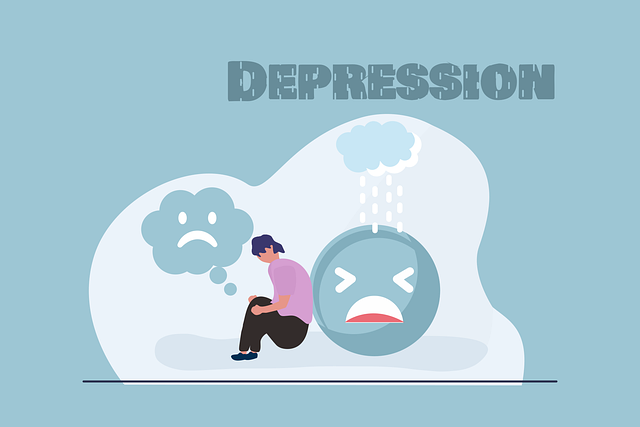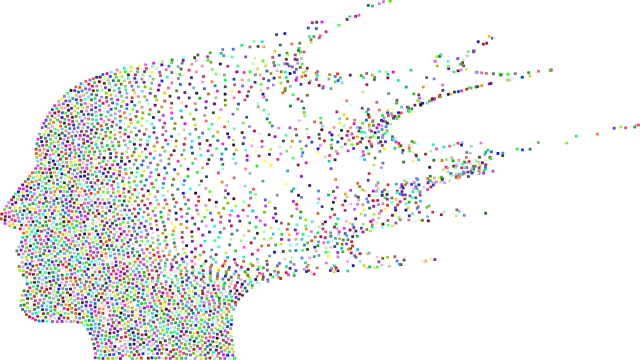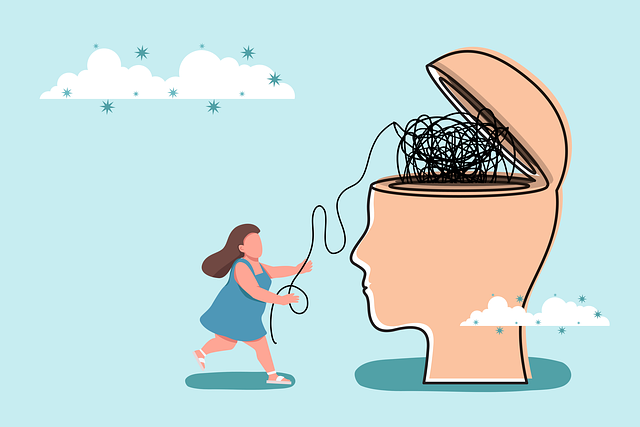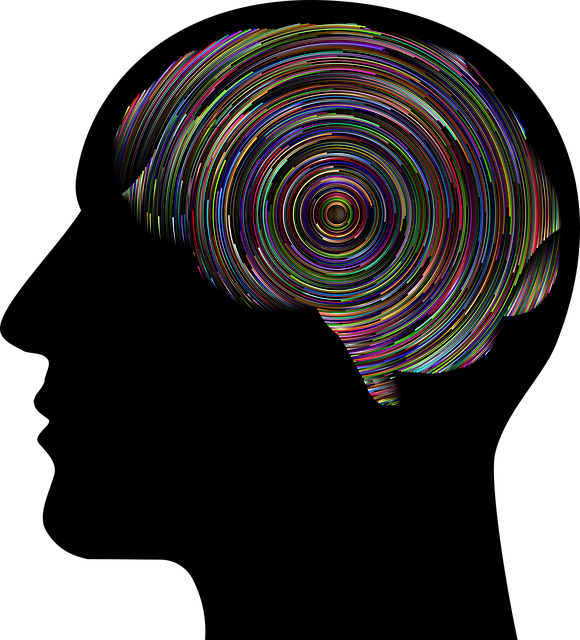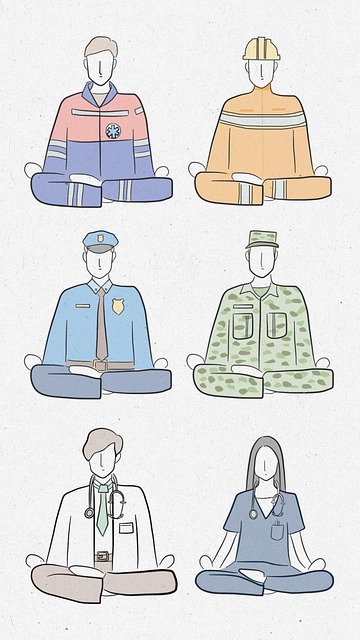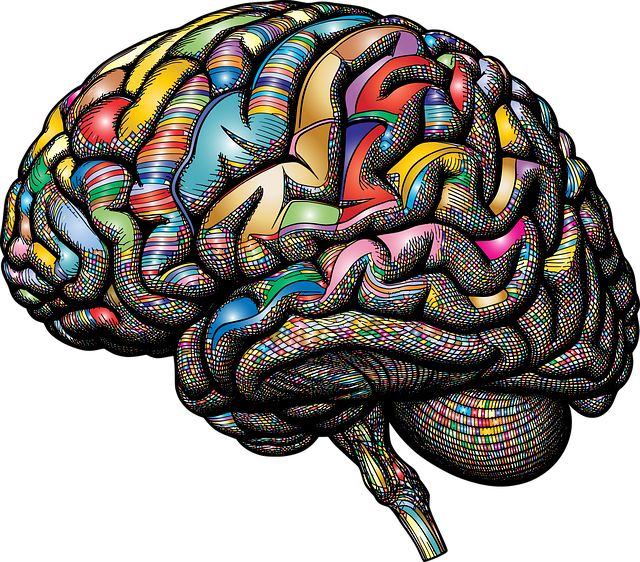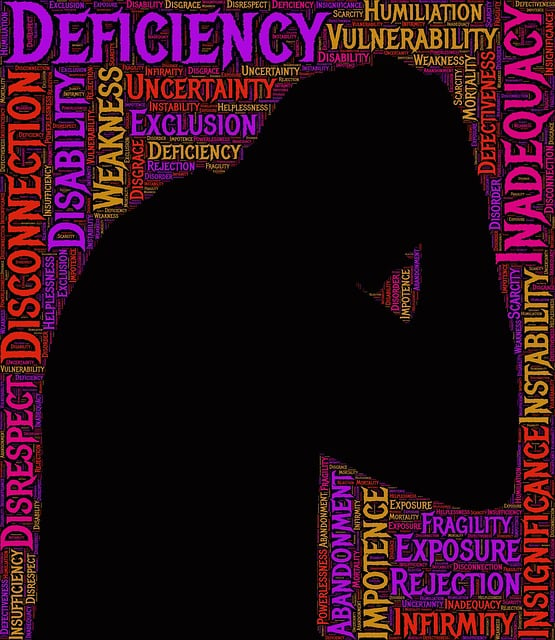Mental health diagnoses face challenges due to cultural differences, individual experiences, and diverse symptoms, leading to misdiagnosis and delayed treatment globally. In Northglenn, Colorado, initiatives like the Community Outreach Program and Healthcare Provider Cultural Competency Training aim to improve mental health awareness through community engagement and education. EMDR Therapy is a groundbreaking approach that utilizes eye movements to process traumatic memories, enhancing diagnosis accuracy. Combining this with mindfulness meditation, journaling, and tailored treatment plans improves outcomes. By integrating innovative techniques like mental wellness coaching and staying updated on cultural considerations, healthcare professionals can minimize diagnostic errors, ensuring personalized care for each patient. The future of mental illness diagnosis is promising, driven by advanced analytics and data-driven insights, leading to more precise and effective treatments.
Mental illness diagnosis accuracy is a critical aspect of patient care, yet it remains a challenging area. This article explores the current landscape of mental health diagnoses and introduces innovative approaches like Northglenn EMDR Therapy, shown to improve accuracy. We delve into challenges, from cultural biases to symptom overlap, and present strategies to enhance reliability. Additionally, we discuss integrating new techniques, such as advanced neuroimaging and AI, paving the way for a brighter future in mental illness diagnosis with methods like Northglenn EMDR Therapy at the forefront.
- Understanding Mental Health Diagnoses: The Current Landscape
- Northglenn EMDR Therapy: A Promising Approach
- Enhancing Diagnostic Accuracy: Challenges and Barriers
- Strategies for Improving Diagnosis Reliability
- Integrating New Techniques: Future Directions in Mental Illness Diagnosis
Understanding Mental Health Diagnoses: The Current Landscape

Mental health diagnoses have evolved significantly over the years, but understanding these conditions and their complexities remains a challenge. In today’s world, where mental illness affects millions globally, accurate diagnosis is more critical than ever. The current landscape involves various factors that impact diagnosis, including cultural differences, individual experiences, and the vast array of symptoms presented by those seeking help. This complexity often leads to misdiagnosis or delayed treatment, which can be detrimental to an individual’s well-being.
In Northglenn, Colorado, initiatives like the Community Outreach Program Implementation and Healthcare Provider Cultural Competency Training aim to bridge these gaps. These programs emphasize the importance of community engagement and education in mental health awareness. Additionally, advocates are pushing for more robust Mental Health Policy Analysis and Advocacy to ensure that diagnostic processes are standardized, culturally sensitive, and evidence-based, ultimately leading to improved treatment outcomes for all.
Northglenn EMDR Therapy: A Promising Approach

In the pursuit of enhancing mental illness diagnosis accuracy, Northglenn EMDR Therapy has emerged as a promising and innovative approach. Eye Movement Desensitization and Reprocessing (EMDR) is a therapy that helps individuals process traumatic memories and associated emotions. By combining eye movements or other bilateral stimuli with guided recall of distressing events, this method facilitates the brain’s natural healing process. Research has shown EMDR to be effective in treating post-traumatic stress disorder (PTSD), anxiety, and depression, among other conditions.
The integration of Northglenn EMDR Therapy into diagnostic protocols offers a unique advantage by providing more nuanced insights during evaluations. This approach encourages patients to engage in positive thinking and mindfulness meditation, which can enhance their overall mental wellness. Additionally, maintaining a Mental Wellness Journaling Exercise Guidance as part of the therapy process allows individuals to track their progress, further assisting therapists in making accurate diagnoses. By combining these techniques, healthcare professionals can better understand each patient’s unique experience, leading to more precise and effective treatment plans.
Enhancing Diagnostic Accuracy: Challenges and Barriers

Mental health professionals are constantly striving to improve diagnostic accuracy, but several challenges and barriers hinder this effort. One significant obstacle is the complexity and multifaceted nature of mental illnesses, which can manifest differently across individuals and cultures. This diversity makes it challenging for therapists and psychiatrists to pinpoint specific symptoms, especially when dealing with rare or nuanced disorders.
Additionally, the lack of public awareness campaigns contributes to misdiagnosis. Educating both the public and healthcare professionals about various mental health conditions is crucial. Activities like Mindfulness Meditation and Public Awareness Campaigns Development can enhance understanding, leading to improved diagnostic practices. Such initiatives boost confidence among individuals seeking help and encourage early intervention, ultimately fostering better outcomes with treatments like Northglenn EMDR Therapy.
Strategies for Improving Diagnosis Reliability

Improving diagnosis reliability is a multifaceted approach that integrates various therapeutic techniques and strategies. One such innovative method gaining traction in Northglenn EMDR Therapy is incorporating mental wellness coaching programs into traditional treatment models. These coaching programs focus on fostering positive thinking, which can aid in early detection and prevention of depression, a common comorbidity often associated with other mental health disorders. By integrating these coaching sessions, therapists can gain valuable insights into an individual’s emotional landscape, enhancing their ability to accurately diagnose and treat complex cases.
Additionally, ongoing training and education for healthcare professionals are pivotal. Staying updated on the latest research and advancements in mental health practices ensures that therapists employ evidence-based methods. This includes learning about various symptoms, subtle differences across diagnoses, and cultural considerations that can impact presentation. Such strategies collectively contribute to minimizing diagnostic errors, ultimately benefiting patients through more precise and effective treatment plans tailored to their unique needs.
Integrating New Techniques: Future Directions in Mental Illness Diagnosis

The future of mental illness diagnosis looks promising with the integration of new techniques, such as Eye Movement Desensitization and Reprocessing (Northglenn EMDR Therapy), which have shown significant potential in improving accuracy and efficiency. These innovative approaches not only complement traditional methods but also empower mental health professionals through enhanced tools like risk assessment frameworks. By incorporating self-awareness exercises and emotional intelligence into practice, professionals can better understand their clients’ experiences and nuances, leading to more precise diagnoses.
Additionally, combining cutting-edge technology with therapeutic practices is on the rise. Advanced analytics and data-driven insights enable mental health experts to make informed decisions, tailoring treatments to individual needs. This evolution in diagnosis aims to reduce misidentifications and provide personalized care, ensuring better patient outcomes and overall well-being.
The pursuit of accurate mental illness diagnoses is an ongoing journey, and with efforts like Northglenn EMDR Therapy, significant strides are being made. While challenges persist, integrating innovative techniques such as this promising approach holds the key to enhancing diagnostic reliability. By continuing to explore and adopt advanced methods, we can ensure more effective treatment paths for those navigating the complexities of mental health.

